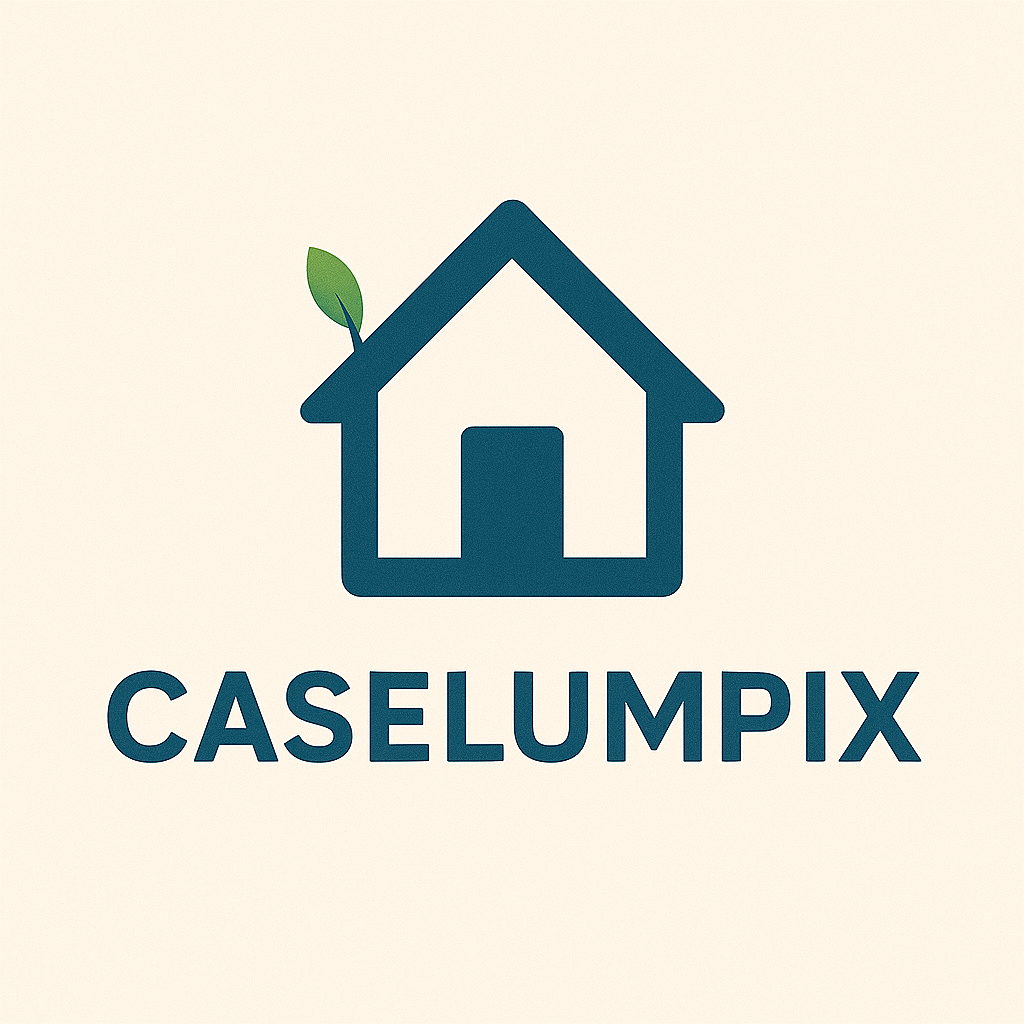Caselumpix compared to booking and real estate portals
Booking portals – focused on short-term rentals
Platforms like Airbnb or Booking.com are built for instant bookings. Users can check availability, compare prices, and reserve online. For property owners, this means high visibility but also high fees, constant calendar updates, and dependency on platform rules. Owners give up part of their flexibility – and often a notable share of their revenue.
Real estate portals – showcases for buying and renting
Classic real estate portals like Idealista or Immobilienscout24 work differently: they display properties for sale or long-term rent. Interested users can filter, compare, and contact the owner or agent directly. No booking takes place within the portal itself – it’s a digital showcase. However, these platforms are often national or international in scope and less focused on the specific needs of Italy.
Caselumpix – information platform with direct contact
Caselumpix combines aspects of both models but deliberately avoids online bookings and contracts. Instead, interested parties contact the provider directly. At present, Caselumpix is focused exclusively on the Italian market and serves as a specialized platform for vacation rentals, sales, and long-term rentals. A key feature is its clear and transparent pricing structure without hidden fees – for both providers and users.
No instant booking – what does it mean?
Skipping instant booking brings pros and cons for both sides:
- For providers – Pros: full control over pricing, contracts, and payments; direct exchange with clients; no commissions or cancellation fees.
- For providers – Cons: more time required to handle inquiries; less automation compared to booking portals.
- For users – Pros: direct contact with the owner; possibility of individual arrangements (arrival times, special requests); no service fees or hidden charges.
- For users – Cons: no instant confirmation; price and availability must be clarified, which can take longer.
This approach appeals to people who value transparency and direct contact and who are willing to invest a bit more in communication.
Filters – targeted search instead of endless scrolling
A central feature of Caselumpix is its filter system. Users can search by property type, location, price range, or specific features such as accessibility. This simplifies navigation and saves time.
For providers, it means their listings appear in the right context – for example, among seaside rentals or rural homes. This makes it easier for offers to be found without users having to scroll endlessly.
Benefits at a glance
- Independence – providers retain control instead of being bound to booking portal rules.
- Direct contact – immediate communication between user and owner, no anonymous booking masks.
- Transparent pricing – simple fee structure, no hidden commissions or extra costs.
- Focus on Italy – clear specialization in the Italian market.
- Filters – targeted search by category, location, or features saves time and improves visibility.
Conclusion
While booking portals emphasize speed and real estate platforms emphasize volume, Caselumpix positions itself as an information platform: a digital space that makes properties visible while putting direct contact first. For providers, this means less dependency and more control. For users: a curated selection with clear rules, no hidden fees, and helpful filters that make searching easier.
